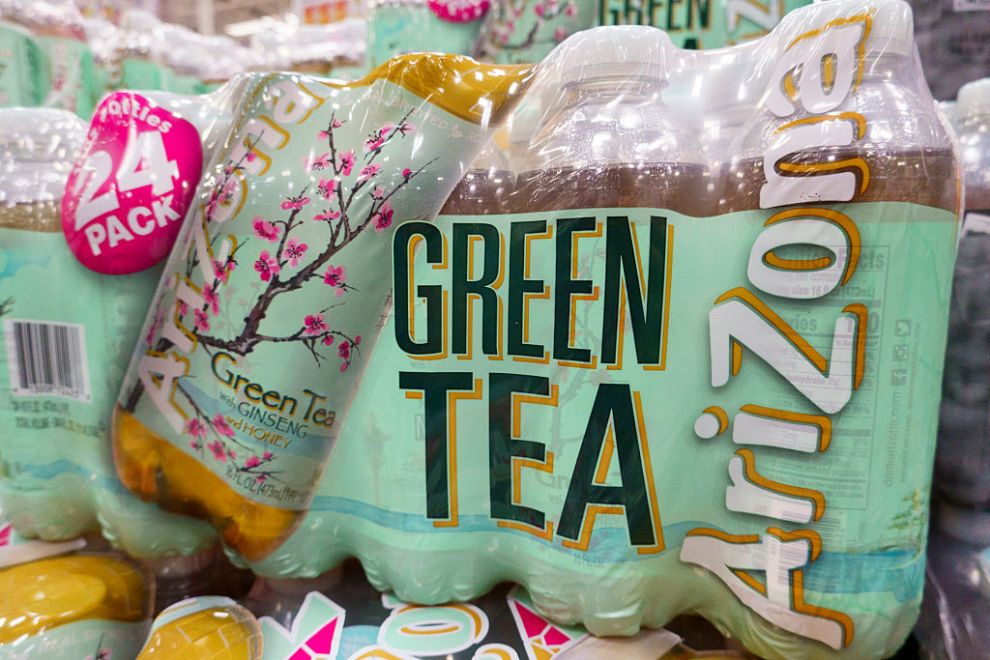For more than 30 years, AriZona Beverages has held firm on the price of its iconic 22-ounce iced tea at just 99 cents. Now, rising costs tied to updated tariff policies may force the company to reconsider that longstanding pricing model.
Tariffs and Rising Costs Threaten Tradition
Don Vultaggio, chairman and co-founder of AriZona, said the company faces mounting pressure from new U.S. tariffs that could make holding the 99-cent tag unsustainable. Signed June 3, the Trump administration’s revised Section 232 tariffs doubled the levy on aluminum imports from 25% to 50%, significantly increasing manufacturing expenses.
Vultaggio warned, “At some point, the consumer is going to have to pay the price,” and added, “I hate even the thought of it; it would be a hell of a shame after 30-plus years.”
Although 80% of the aluminum used in AriZona’s cans is recycled from U.S. sources, around 20% is imported from Canada and now subject to the steep new tariff. Vultaggio noted that domestic producers are also likely to raise prices in response. “Our price has been dramatically bumped up because of this tariff talk,” he explained.
Vertical Integration and Consumer Loyalty
AriZona’s enduring 99-cent price has long been part of its identity. The company avoids traditional advertising and maintains cost efficiencies through vertical integration and debt-free operations. Vultaggio emphasized the importance of affordability, stating, “Why have people who are having a hard time paying their rent have to pay more for our drink?”
The brand sells approximately two billion cans annually and generates over $4 billion in revenue—but even that scale may not insulate the company from the impact of soaring aluminum costs.
End of an Era?
Industry watchers and consumers alike have reacted strongly to the possibility of a price increase. Some lament the loss of an affordable staple in everyday life, while others question the longevity of the 99-cent claim—pointing out that in many locations, the drink already exceeds that price.
Vultaggio remains hopeful that tariff negotiations might ease the burden. He pledged, “We’re holding the line for now despite rising aluminum costs,” and added that the company is exploring cost savings in other areas—such as leveraging lower crude oil prices for PET packaging—as a way to keep products affordable.
But he also voiced frustration with protectionist policies that fail to protect consumers: “If you’re going to protect American manufacturers, you can’t allow them to gouge the marketplace,” he told The New York Times.

